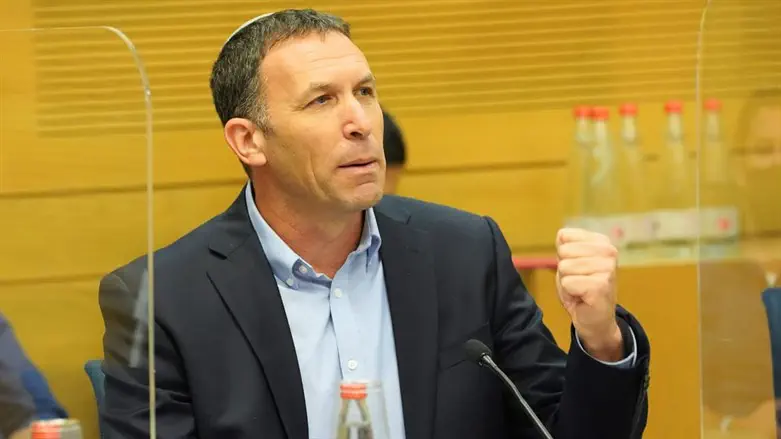
The first part of the kashrut reform initiated by the Minister of Religious Affairs, Matan Kahana, will take effect Sunday morning.
Israel Hayom reported that as part of the first stage of the reform, any religious council will be able to provide kashrut supervision services anywhere in Israel, as stipulated in the coalition agreement.
In exactly one year, the reform will be fully completed, with the opening of a full-fledged kashrut market to private corporations, which will provide supervision services in place of the religious councils.
"The first phase of the kashrut program, which will regulate the kashrut system of the State of Israel, has now entered into force," said Minister of Religious Affairs Matan Kahana. He noted that this program "will march the system forward towards a more elegant, supervised and regulated kashrut. From today, restaurants and factories will be able to choose from which religious council they will be able to get their kashrut certificate. Bringing competition into the supervision system will halt the freeze that prevailed in the realm of kashrut over the past decades."
A few months ago, the Chief Rabbinical Council announced a boycott of the plan, and a ban on granting kashrut status in another city, and they hope this will cause religious councils not to exercise their ability to grant kashrut status outside their original area of authority. Those leading opposition to the reform also say there is a shortage of paid available positions for kashrut inspectors, so even those who want to expand outside their cities will find it difficult to do so.
The Ministry of Religious Affairs hopes that, similar to the case of extending possible marriage registration areas a few years ago such that service to consumers dramatically improved, in this case, too, extending possible kashrut supervision areas will improve service, and prevent unnecessary abuse as has been the case in various cases in the past.
